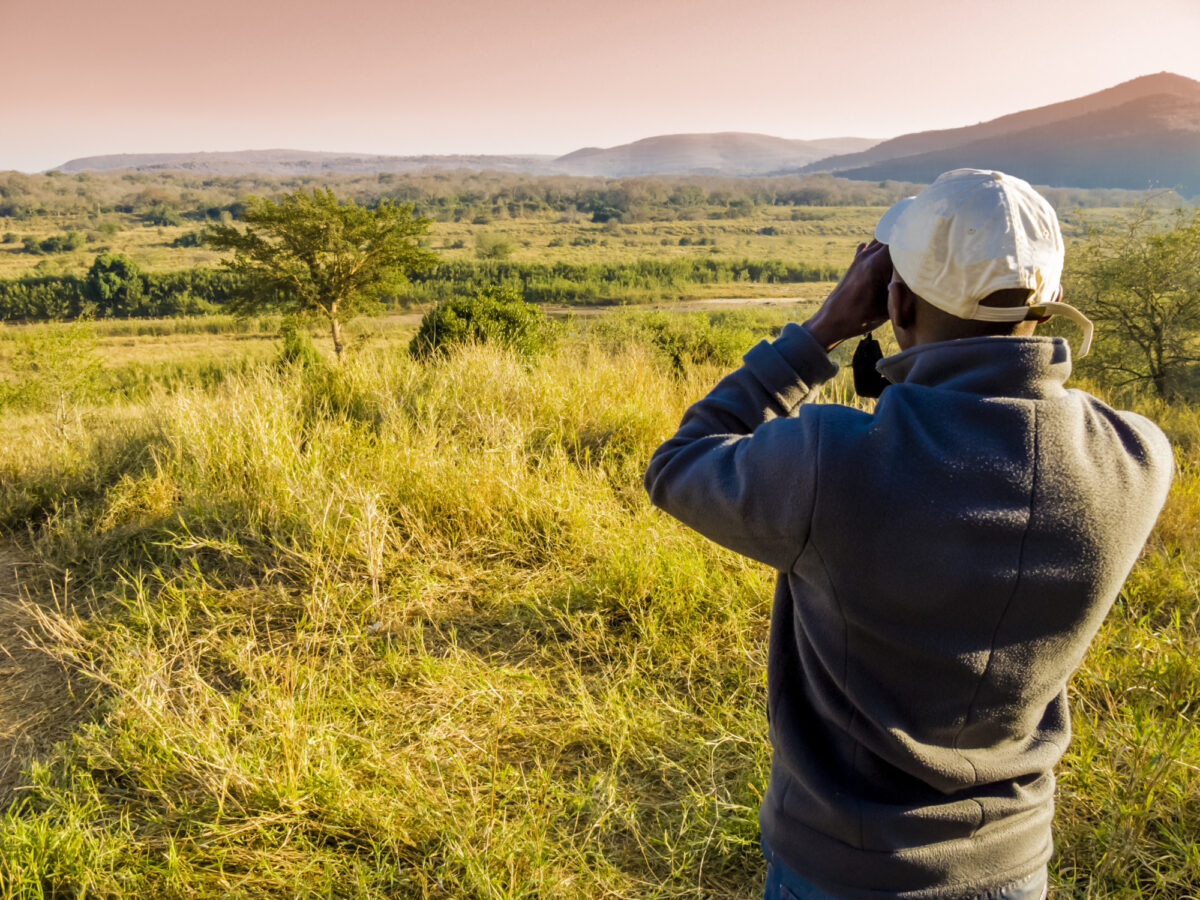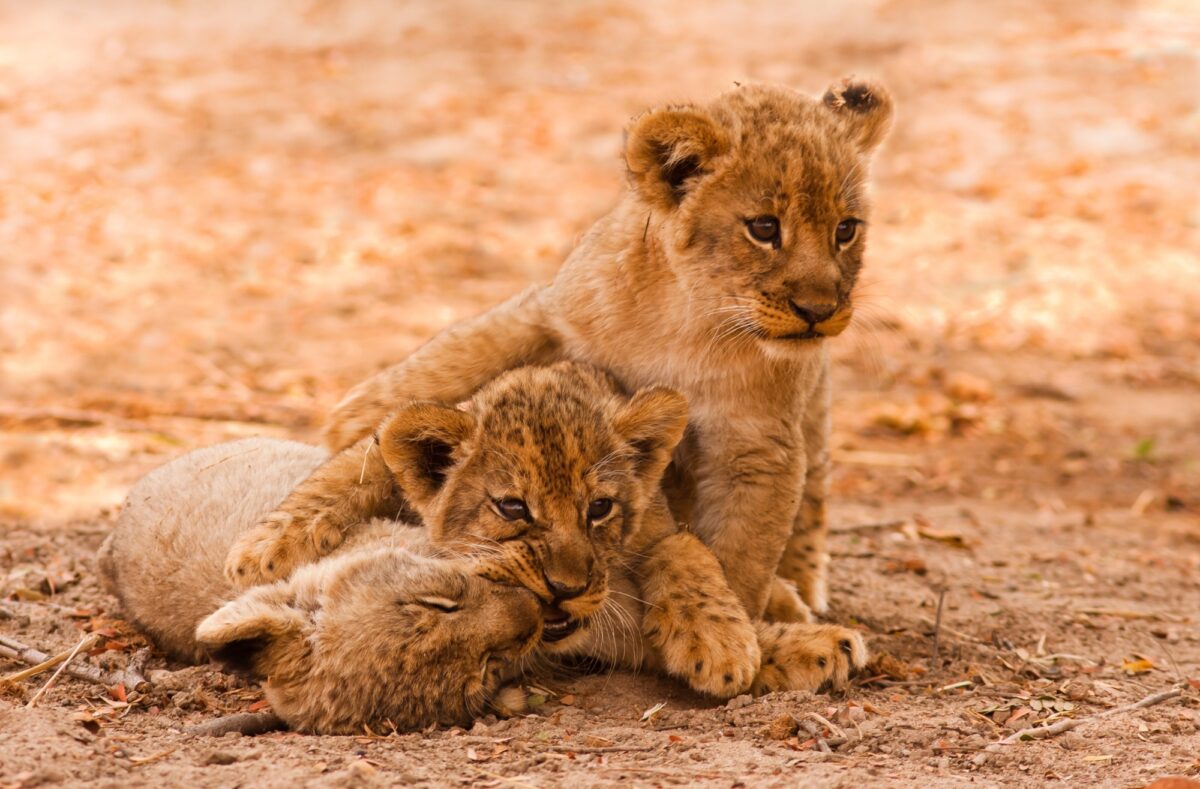What's it like to be a park ranger?
Kruger National Park chief ranger Nicholus Funda on ranger life
Kruger National Park is a harsh environment in which to work. With temperatures regularly reaching 50C, deadly animals and the constant threat from armed poachers, Kruger’s park rangers face some very challenging conditions. Add in the fact that they will often spend weeks in the bush away from family and home comforts to protect the park, and it becomes even more difficult.
It’s also a dangerous one. In July 2018, park ranger Respect Mathebula died following a shootout with suspected poachers. The ranger had been part of a team tracking the poachers' movements through the park. Across Africa, 63 game rangers were killed in 2018, according to the Game Rangers Association of Africa.
So harsh is the environment that rangers call Kruger ‘the beast’. The constant battle with poachers – particularly rhino poachers, where unofficial statistics suggest that three rhinos are being lost a day – means that the park’s rangers are on alert 24 hours a day. However, poachers are increasingly sophisticated in their methods, entering the Park disguised as tourists, wearing the same boots as rangers to confuse tracks and arming themselves with heavy duty weaponry.

The man charged with leading Kruger’s park rangers is Chief Ranger Nicholus Funda, who has 29 years’ experience in the field. He believes that the constant poaching threat plays on his rangers’ wellbeing, particularly as they form attachments to the wildlife on their daily patrols.
“Sometimes when you see a rhino lying peacefully in the bush, you want to chase it away to a place where no one can find it and it can’t be harmed,” he says.
Although encounters with poachers are infrequent, park rangers put their lives at risk when trying to prevent poaching – both from the poachers and the animals.
“First, we always try to arrest the poacher, using the minimum force possible if they try to resist. We also try to rescue any injured animals, but this can be very dangerous. If the worst happens and the animal dies, our rangers will try to take specimens from the animals to help determine the cause of death. This can help when prosecuting poachers,” says Funda.
However, a ranger’s duties aren’t just about policing the park. They also lead tour groups on walking safaris and game drives through the bush, help vets rescue and treat injured or ill animals and conduct surveys and data management with scientists. Often, they are one of the first people tourists encounter when entering the park and are best placed to keep those on safari safe.
“The best thing about being a park ranger is being paid to do something you love,” says Funda.
“Tourists pay to experience what we do on a daily basis, so we’re lucky in some ways. This is one of the flagship parks in South Africa and globally. I say to visitors ‘come and enjoy the park’. There are many tourism activities inside the park and the surroundings. There are many exciting opportunities in the park beyond just animals. Speak to the rangers and use the information they have to make your experience even better,” he adds.

Above all, safety is paramount. As a ranger for almost three decades, Funda has had his fair share of dangerous wildlife encounters. But one memory that sticks with him demonstrates the wildness of life in Kruger National Park.
“In 2001, a couple were working on a maize farm at Mathiyane Village near Malumelela. An elephant wandered into their path and became startled. It charged the couple and trampled the woman to death,” he says.
“When an animal attacks people, we sometimes have to destroy it to protect humans, their villages and livestock. Unfortunately, I was called to destroy the elephant. I put myself in the shoes of the husband who had to witness his wife being trampled to death. It was an experience I’ll never forget,” adds Funda.
Park ranger duties
Track how many animals there are – this helps them to manage the wildlife population and the rate at which vegetation is being eaten
Track and arrest poachers – this can be extremely dangerous, with many poachers armed with high-calibre weaponry
Lead tours and act as guides – Rangers are experienced in animal behaviour and are excellent tour leaders




